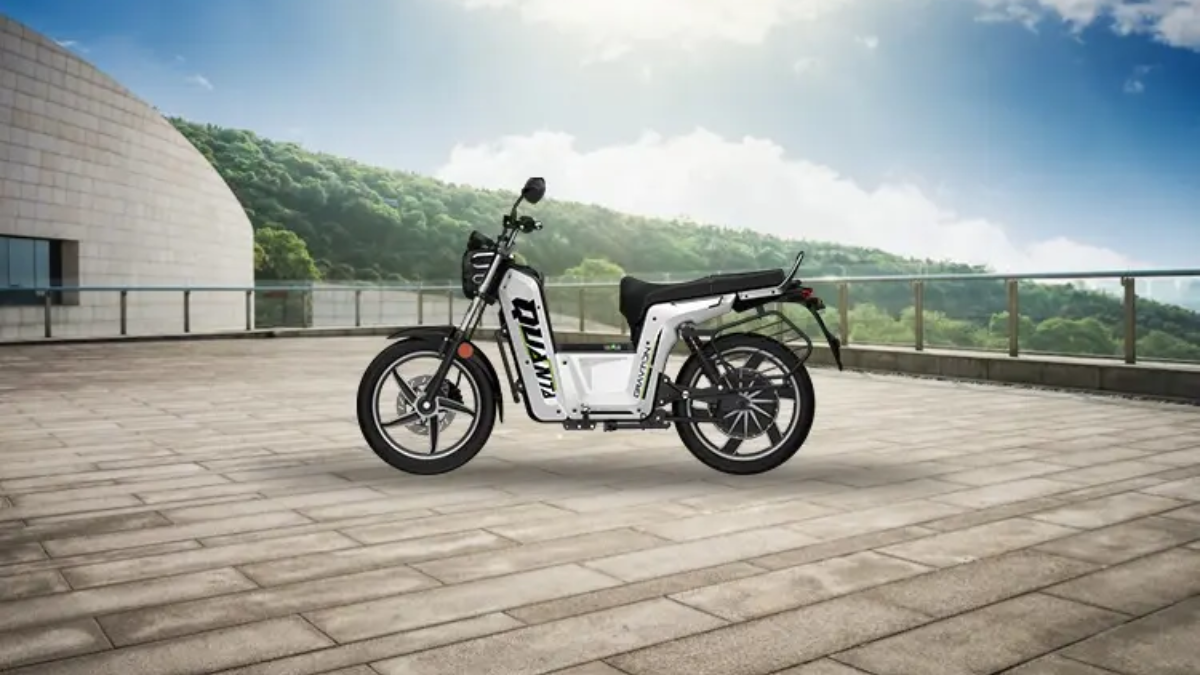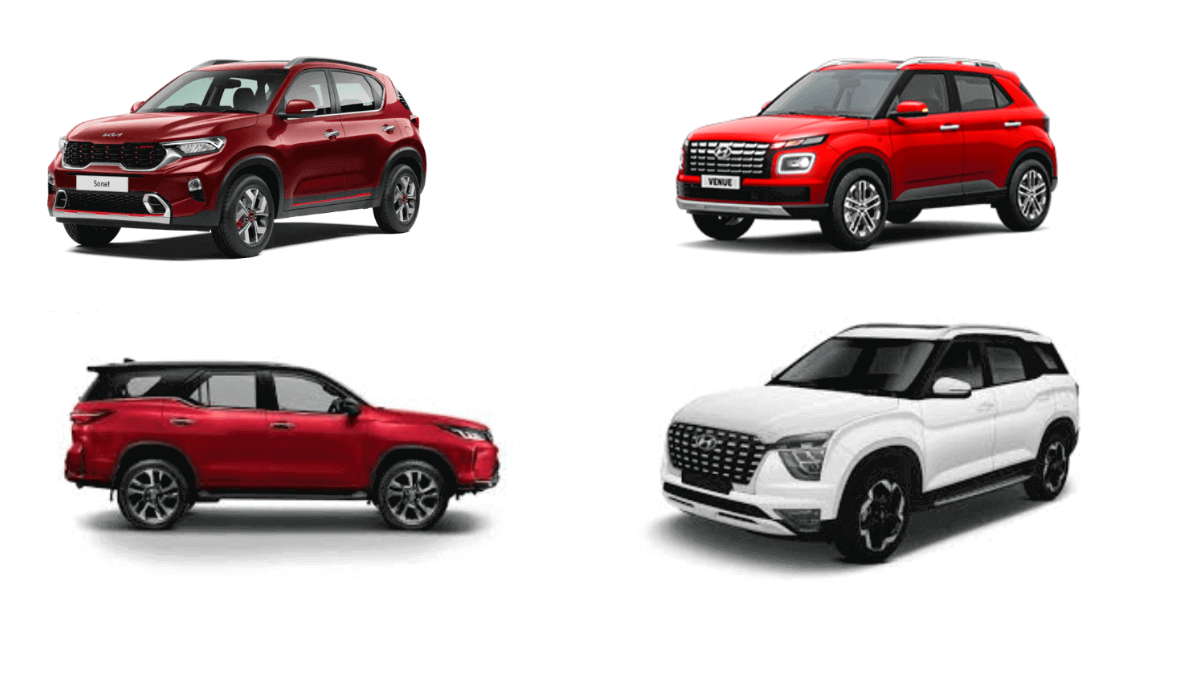As India moves toward a cleaner, greener future, car buyers are faced with a big question: Should I buy a hybrid or an electric car in 2025? With rising fuel prices, pollution concerns, and changing government policies, both hybrid and electric vehicles (EVs) have gained popularity in the Indian market. But which one makes more sense for Indian road conditions, driving patterns, and budget? Let’s break it down in simple terms.
What Is an Electric Vehicle (EV)?
Electric cars run fully on electricity using a large battery and motor. They do not use petrol or diesel at all and produce zero tailpipe emissions. Examples in India include the Tata Nexon EV, MG ZS EV, and BYD Seal.
Pros of EVs:
- No fuel needed – just charge at home or a public station.
- Low running cost (around ₹1.5 per km).
- Environment-friendly – no smoke or CO2.
- Less maintenance – no engine, no oil, no clutch.
Cons of EVs:
- Charging stations are not available everywhere.
- Long charging time (can take 6–8 hours at home).
- Expensive upfront cost.
- Range anxiety on highways.
What Is a Hybrid Vehicle?
A hybrid car has both a petrol engine and a small battery with an electric motor. It switches between petrol and electric power to save fuel. Some hybrids can even run a short distance on battery alone. Popular examples are the Toyota Hyryder, Honda City e:HEV, and Maruti Grand Vitara Hybrid.
Pros of Hybrids:
- Better mileage than petrol cars (up to 27–28 km/l).
- No charging needed – battery charges while driving.
- Suitable for city and highway.
- Lower pollution than normal cars.
Cons of Hybrids:
- More expensive than petrol models.
- Still uses fossil fuel, so not 100% eco-friendly.
- Maintenance is higher than EVs (due to engine).
Key Differences – Hybrid vs EV
| Feature | Hybrid Car | Electric Car (EV) |
|---|---|---|
| Fuel Source | Petrol + Electric motor | Only electric |
| Mileage (avg) | 25–28 km/l | 300–500 km per full charge |
| Charging Required | No (self-charging) | Yes (home/public charger needed) |
| Emissions | Low | Zero tailpipe emissions |
| Running Cost | Moderate (₹4–5/km) | Very low (₹1.5/km) |
| Long Trip Friendly | Yes | Only if chargers are available |
| Price Range | ₹12–20 lakh (avg) | ₹10–25 lakh (avg) |
In 2025, both hybrid and electric cars are smart choices, but the better one depends on your lifestyle and location. If you live in a metro city, drive short distances daily, and have charging access at home or office, an EV is perfect. It’s clean, low-cost, and future-ready. If you often travel long distances, live in a small town or rural area, or want to avoid charging worries, a hybrid car is more practical. It saves fuel, reduces emissions, and offers peace of mind on Indian roads. India improves EV infrastructure, electric cars will become the future. But for now, hybrids are the safe and smart middle path for many Indian families.
FAQ’s:
Q1. Which car is better for highways – hybrid or EV?
Hybrid cars are better for highways because they don’t depend on charging stations. You can refuel anywhere easily.
Q2. Do I need to charge a hybrid car?
No, hybrid cars charge themselves while driving. You don’t need a charger at home.
Q3. Are EVs really cheaper to run?
Yes, EVs cost just ₹1.5–₹2 per km compared to ₹7–₹10 per km for petrol cars.
Q4. Which is more eco-friendly?
EVs are more eco-friendly as they don’t emit harmful gases, but hybrids are still cleaner than
















